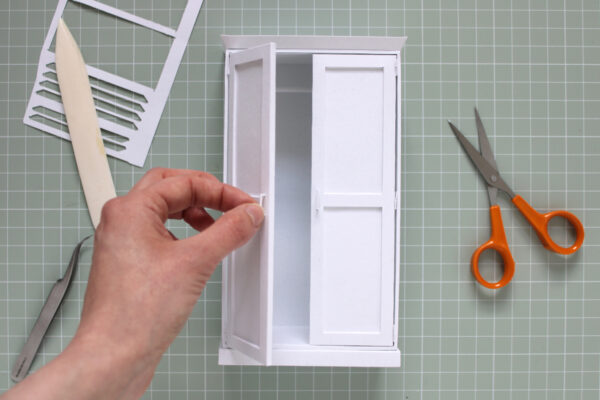Creating content for the launch of our brand new innovation Rydal Apparel - WORN & RE-BORN we enlisted the help with UK-based paper artist Sarah Matthews to bring the paper to life.
Q & A with Sarah Matthews, Paper Engineer
Hi! I’m Sarah Louise Matthews and I’m a freelance paper engineer, paper cut designer and published author based in Yorkshire. I worked with James Cropper to design and create a diverse, bespoke papercut and paper sculpture to tell the story of Rydal Apparel – WORN & RE-BORN.
Sitting down with Kate Gilpin, Packaging Product Manager for James Cropper Paper & Packaging, Sarah explains what it was like to exclusively work with Rydal Apparel Denim White 220gsm…











